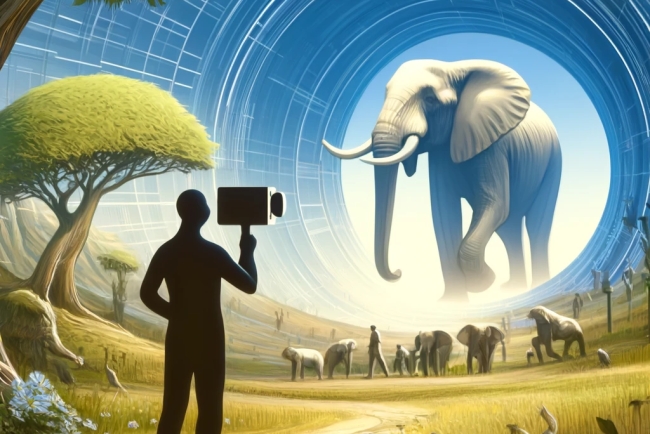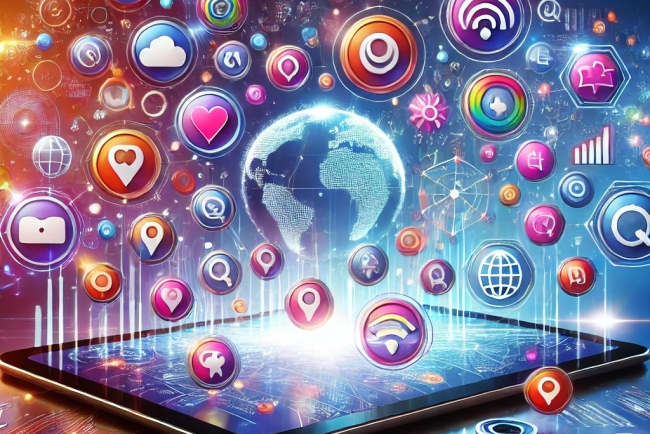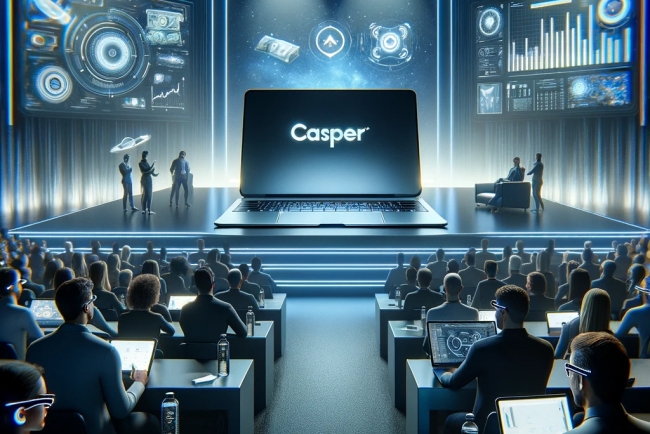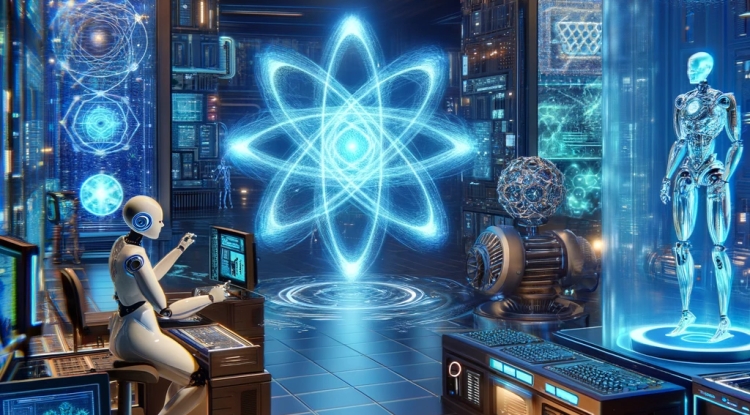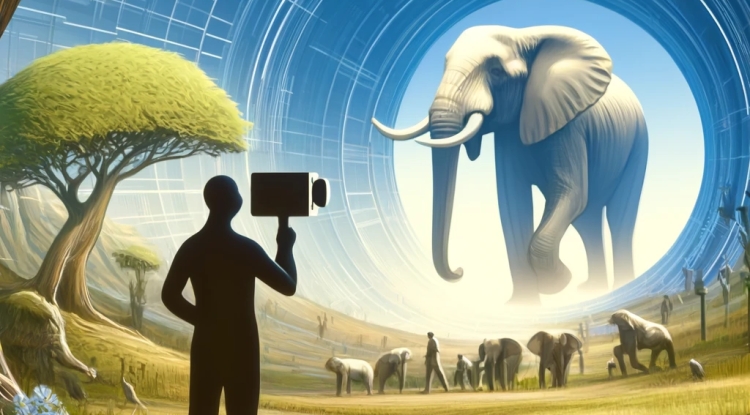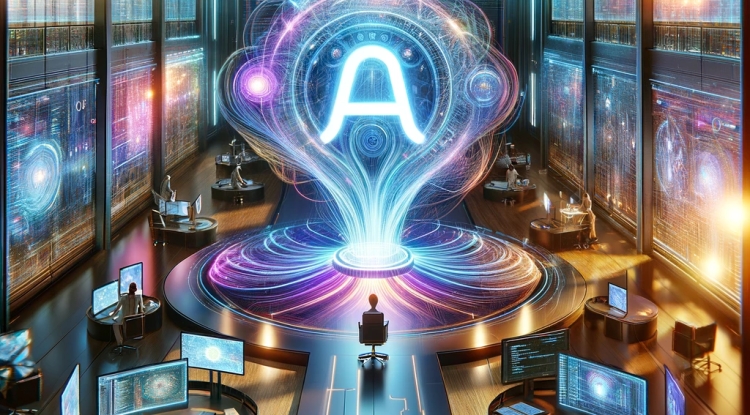Exploring the Future of Virtual Reality in Entertainment
we delve into the transformative impact of Virtual Reality (VR) technology in the entertainment industry and its potential for the future. We will explore how VR has revolutionized gaming, education, theme parks, and various other aspects of entertainment. Additionally, gain insights into the evolving technology of VR and upcoming entertainment trends that are on the horizon.
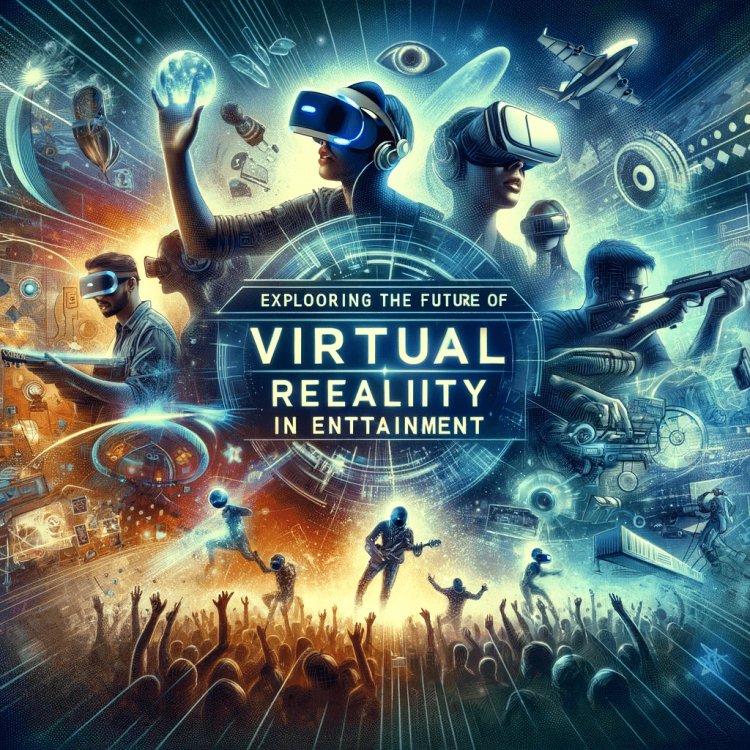
Virtual Reality (VR) technology has experienced a significant boom in the entertainment industry in recent years. VR is a technology that transports users to different worlds, provides sensory experiences, and adds a new dimension to entertainment. In this article, we will examine the applications of VR technology in the entertainment industry and its future developments.
-
Gaming: VR has revolutionized the gaming industry. Users can feel completely immersed in the gaming world, and game developers are creating various games to provide realistic gaming experiences using VR technology.
-
Education: VR has also made a significant impact on education. Students can explore subjects like history, science, and art more closely through VR simulations.
-
Theme Parks: VR has become a popular entertainment option in theme parks. Users can enjoy VR experiences using VR headsets, enhancing their theme park visits.
-
Movies and Entertainment Content: VR is being used to create immersive movies and entertainment content. Viewers can be part of the action and experience stories in a whole new way.
-
Live Events and Concerts: VR technology allows users to attend live events and concerts virtually, providing a sense of presence and participation from anywhere in the world.
-
Virtual Tourism: VR enables virtual tourism, allowing users to explore exotic locations and cultural sites without leaving their homes.
-
Healthcare and Therapy: VR is used in therapeutic applications, such as exposure therapy and pain management, making it an innovative tool in healthcare.
-
Social Interaction: VR provides opportunities for social interaction in virtual worlds and multiplayer games, fostering connections between users worldwide.
-
Training and Simulation: Various industries, including aviation and military, use VR for training and simulation purposes, enhancing the effectiveness of training programs.
-
Architectural Visualization: Architects and designers use VR to visualize and present their projects in a more immersive and interactive manner.
Looking ahead, the future of VR in entertainment seems promising. Advancements in VR hardware and software will continue to improve the overall experience, making VR more accessible to a wider audience. Additionally, the integration of augmented reality (AR) and mixed reality (MR) into entertainment applications will further expand the possibilities for immersive experiences. As technology continues to evolve, we can expect to see even more innovative and exciting developments in the field of virtual reality entertainment
What's Your Reaction?







